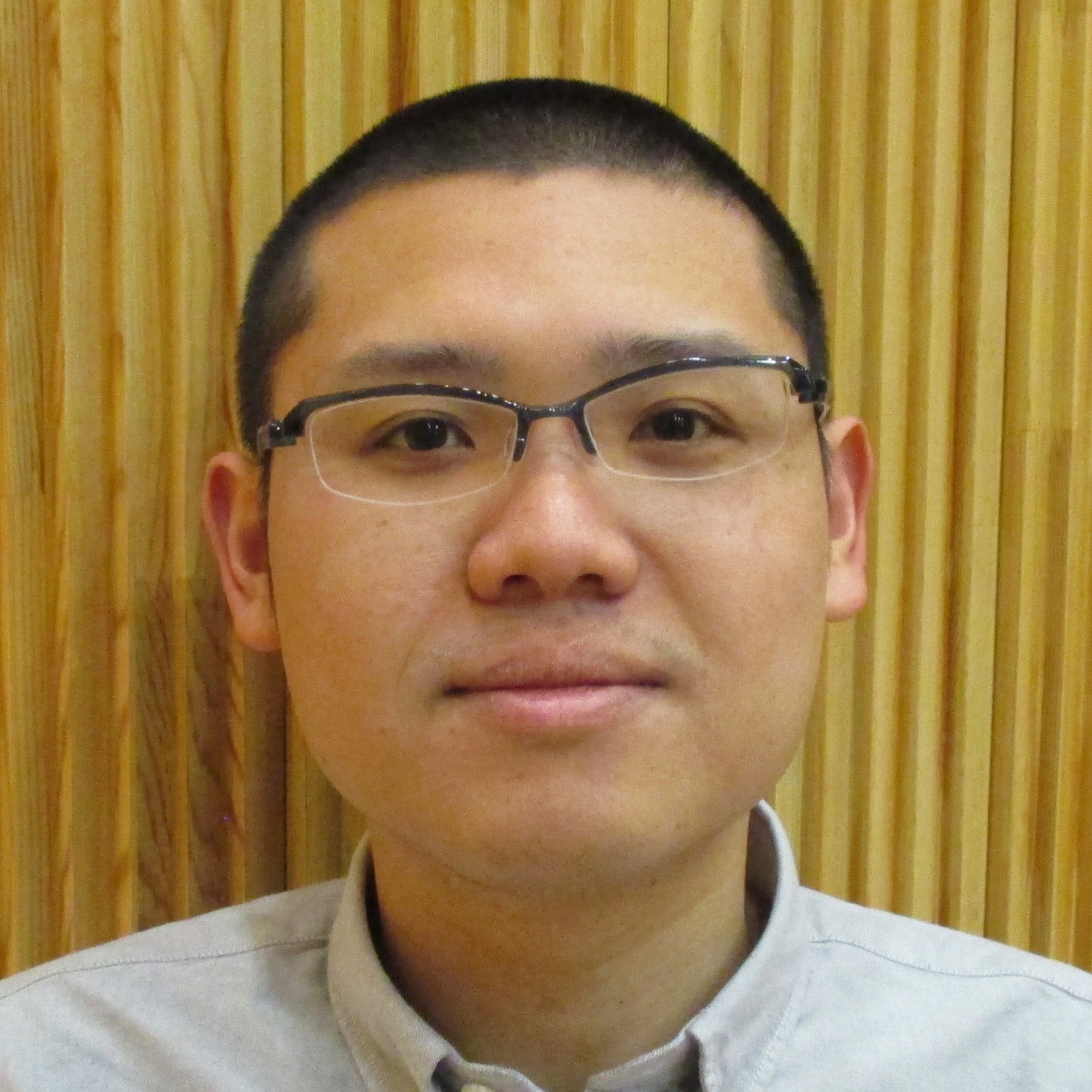|
Evolutionary Anthropology Lab Department of Biological Sciences, Graduate School of Science, the University of Tokyo |
|
Home | Events | Research | Publications | Conferences | Alumni | Admissions | Contact |
|
We study evolution of human behavior from both theoretical and empirical perspectives. One of the biggest questions in science is how humans have acquired the "humanness," or the set of traits that make us feel that we are qualitatively different from the rest of all animals. Although our understandings of phylogenetic and historical details of human beings have been continuously improved, it is still largely unknown why our behavior is so different from that of other animals. To answer this question, we need to specify the mechanisms by which natural selection has shaped the designs in human behavior. We hope to make some contribution to this ambitious enterprise using mathematical and computational methods. Current research interests include evolution of social behavior and cultural evolution.
|

|

 Kyosuke Kubo
Kyosuke Kubo Yukiko Kawanishi
Yukiko Kawanishi
